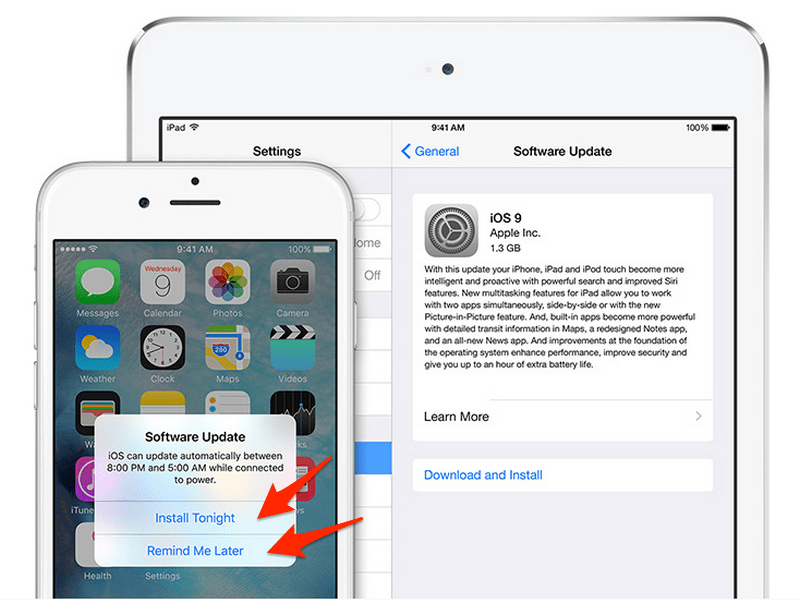

Hacking, like other forms of terrorism, is hard to anticipate, and retaliation is difficult because the attackers work from the shadows and often disguise their identities. No direct attack on the American military is likely to end well, but the terrorist attacks of, and the frequent cyber-attacks on our infrastructure, up to and including the possible tipping of the 2016 presidential election, have demonstrated a clear vulnerability that we have been slow to shore up. But I sometimes wonder if we're falling for the same false sense of security as the Spanish did. No nation would be foolish enough to go head-to-head with America's military. Today, America has the most powerful military in the world and spends as much on "defense" as the next seven nations combined. Spain never recovered and Britannia ruled the waves for the next three hundred and fifty years. The Spanish, rich with gold from the Americas, had more ships, bigger ships, more heavily armed ships, but the British man o' wars were more nimble, better manned, and used unconventional strategies that led to a decisive victory. In grade school, we learned about Sir Francis Drake, pirate or privateer, depending on who you asked, and his rout of the Spanish Armada in 1588, under adverse conditions and against all odds.


 0 kommentar(er)
0 kommentar(er)
